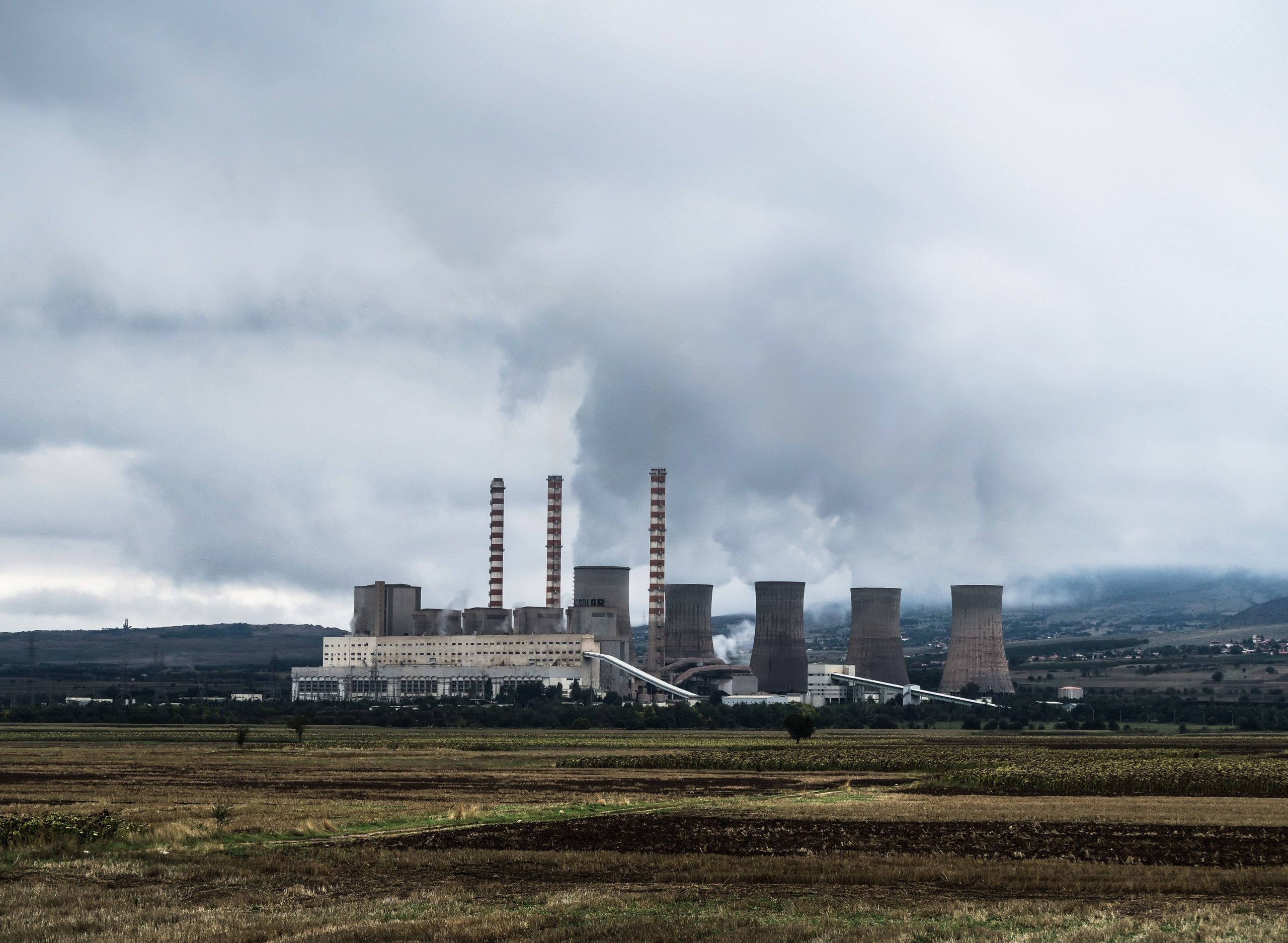The removal of nuclear debris from Japan’s crippled Fukushima power plant will be delayed by about a year, because the pandemic has set back development of specialised equipment, the plant’s operator said Thursday, AFP reported.
A decade after the nation’s worst nuclear crisis was triggered by a tsunami, the Tokyo Electric Power Co (TEPCO) had been scheduled to remove melted fuel from inside one of the damaged reactors starting next year.
This step is considered the most difficult of the massive ‘decommissioning programme’, which itself is expected to take around three to four decades to complete.
Chief decommissioning officer Akira Ono told a news conference that a recent spike in COVID-19 infections in the UK had delayed TEPCO’s plans to develop a robot arm in Britain.
“It will now be difficult to transfer the system in January as scheduled,” Ono said, as per AFP reports.
The removal process is expected to take several years for the number two unit, which is estimated to contain some 237 tonnes of debris, Kyodo News said, as per AFP reports.
According to Ono, the “regrettable” delay was unlikely to affect the team’s plan to decommission the plant between 2041 and 2051. He added that he hoped the delay would be limited to a year.
The company also faces other difficult challenges, including figuring out how to dispose large quantities of contaminated water stored in containers at the plant site.
In the worst nuclear disaster since Chernobyl in 1986, reactors one, two and three at the Fukushima Daiichi power plant melted down after a deadly earthquake and tsunami struck Japan in 2011, forcing the evacuation of areas near the plant.







